Ok after weeks on the phone i’ve talked to 2 people from comcast about prewire’n my loft project… one kept forward’n me to the other… the other had zero to do with it and said it was up to the first one… ect…. anyway… so far i think they suck…
But they offer a package to come in and prewire the building and set up the cable & internet at a discounted fee that would be added to everyones monthly condo maint fee…. so far and i don’t have the set in stone numbers but it’s a pretty good discount… less than $30 per unit per month for basic cable & high speed internet… but as i understand it this gives them a lock on this for… life? or at least some extended term… in my minds eye they should pay me to let them have this lock… letting them do business in the building rent free with a locked in set of customers is the way i see it…
someone tell me where i’m wrong on this…. or do they in fact pay to be the “provider” in large buildings or projects?
just curious…
p
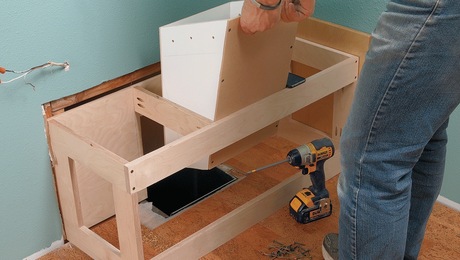

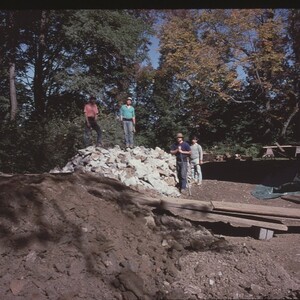
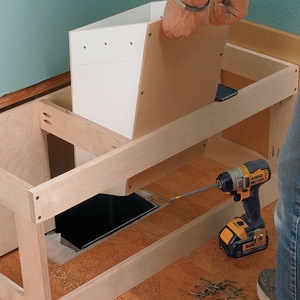
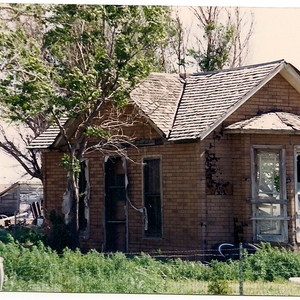










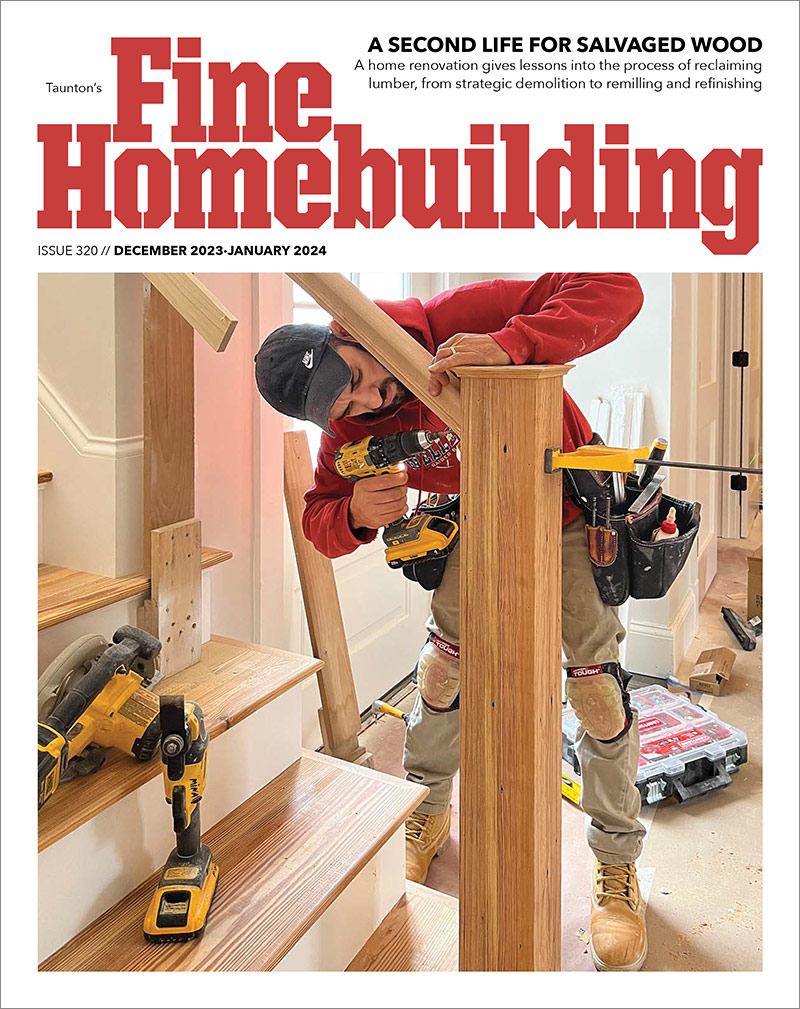
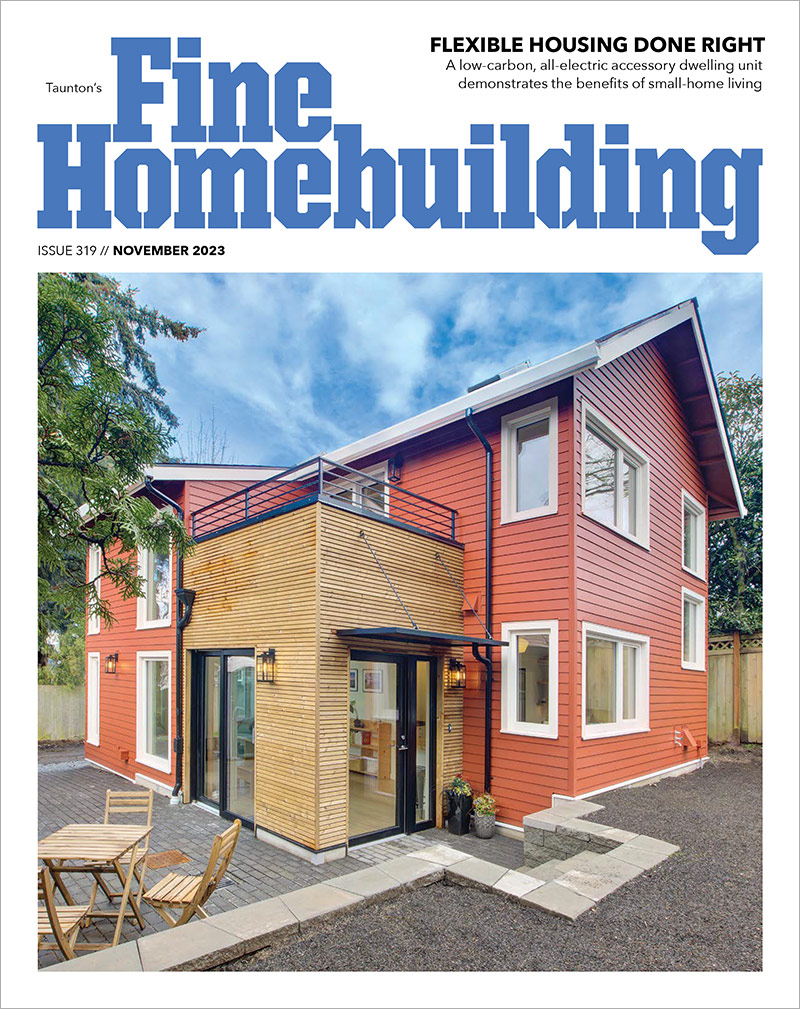

Replies
I would ask:
What is the installation fee/unit and how long will it be charged?
What is the service guarantee?
What are the specifications for the service each unit will get- is the MB/second guaranteed or will it slow drastically when more people go online?
When the rest of the city gets upgrades, will the building get them, too?
When are they planning to change to fiber to the curb (FTTC), and what will the upgrade cost each unit? When will they go to fiber to the home?
Go ahead and ask them what your benefit will be. If they lock you in and then drop channels or services, you're gonna be pretty PO'd and if they try to make you sign any kind of agreement that says you won't let people have satellite or AT&T (or whatever TV over internet is in your area), it takes away any competition for them.
If you want to get more/better info, call the cable provider business office. If that's who you already talked to and had such stellar results, I would think about going with satellite. That way, you only need one or two dishes, enough multi-switches to handle all of the units and if it's installed correctly, you shouldn't have to worry about whether the signal is degrading. DSL can be very fast, too. That is, unless DSL isn't available to you at that location. Yo may be able to get a package deal from Dish Network and AT&T for phones, DSL and satellite, too. Use that for leverage.
What area of the country are you in?
thanks for the info... after i posted the question i went to the web... I knew this wasn't a new question....
seems there are and have been many legal battles over "access" to customers... and keeping access away from same...
seems many buildings charge providers for being in the building... basicly charging rent for the space the wire takes up... other building owners have a one provider policy and get a percentage back from that provider...
what i did find out as that it's against federal law to limit anyone from getting a wireless signal... as long as they can get it with an antenna less than 1 meter sq...
what you as a landlord can do is provide a common dish or antenna for all tenants.. but if you have dish and they want direct... they can have their own or you can provide a second one... BUT you can not limit them from hang'n one out the window if you don't have one for them...
forgot what it stands for but OTARD is the term i read alot... it's the federal FCC law that covers it... it also covers wifi that no one can limit you setting up a wifi network...even if they'd prefer you to use (and pay for) theirs...
interesting read
thanks
p
OTARD is Over The Air Reception Devices and you're right, the consumer is protected. A building owner can define where the dish can go as a matter of zoning or housing association regulations, safety or by having prospective tenants sign a form that says they won't drill, screw, clamp or otherwise attach any kind of device to the building. It would be better to discuss dish placement during the interview and make it clear that a dish is OK but that you would arrange the installation so you have control over where it goes so there's no weather seal issues, pest infiltration or other damage to the building.One thing that used to be an issue when C band was common was fees for multiple dwelling buildings, where the signal provider would charge for each unit in addition to any normal fees. If the building owner "profits or benefits from having the dish", they wanted to charge for what most didn't pay anything for, just the big 8'-16' dish, which ended up as a big birdbath once C band died..
"I cut this piece four times and it's still too short."